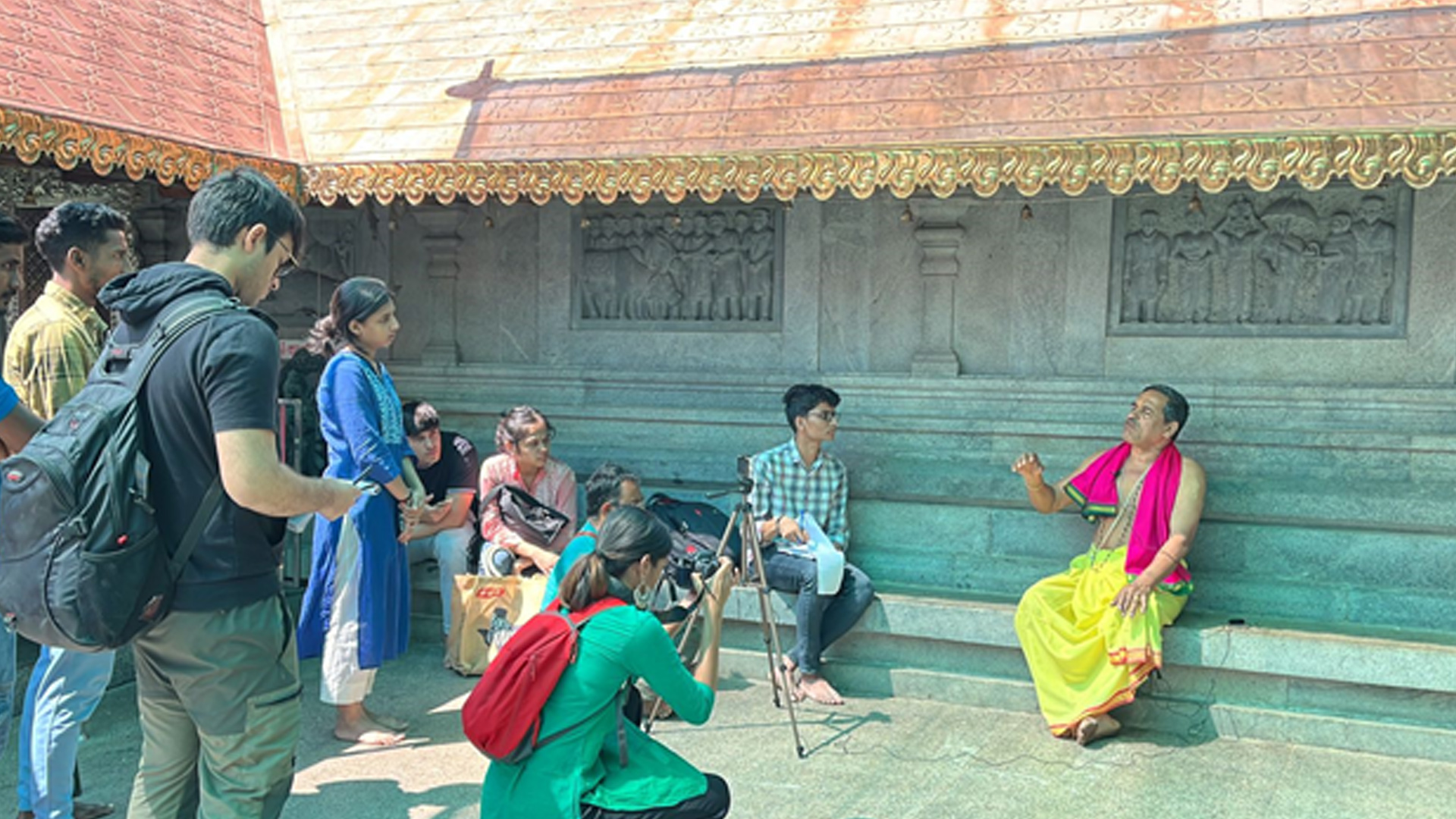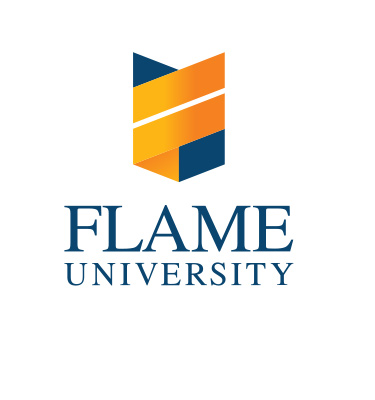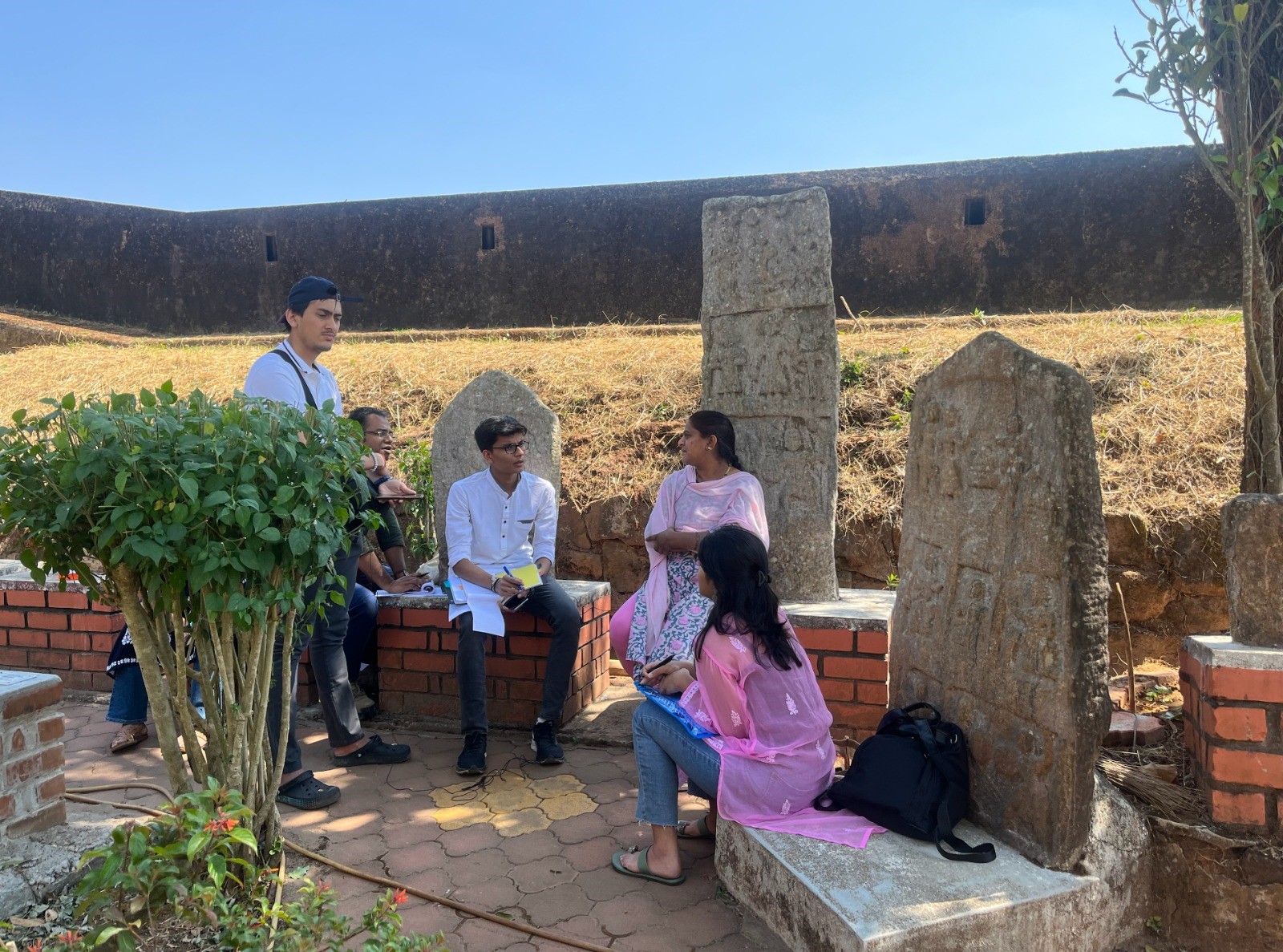VOICE OF FLAME
Experiential Learning: The Benefits of Learning by Doing
18 Apr 2023 | Author: Branding & Communications Team |

Experiential Learning: The Benefits of Learning by Doing
The conventional education system has led us to believe that classroom learning is the only way to acquire knowledge. While lectures and books do impact our cognitive development, the age-old adage “Practice makes perfect” still holds true. Experiential learning or learning by doing is a powerful tool for personal and professional growth.
What is Experiential Learning?
Experiential learning focuses on engaging students in direct experiences that help them develop new skills, knowledge, and perspectives.
This type of learning can take place in various forms:
- Outdoor adventures
- Workshops and seminars
- Internships
- Service learning projects
- Field trips
Experiential learning provides students with opportunities to apply their knowledge in a real-world setting. This helps them develop a deeper understanding of the subject matter and build the confidence to apply their knowledge and skills in future situations.
Let’s take the example of a group of students studying design. While design as a subject has various counterparts, one of the major requirements to study design is developing certain skills ranging from problem-solving and thinking creatively to understanding human experiences. Knowledge-based skills such as prototyping, analyzing data, and understanding various tools are also mandated. All these things are taught to students in classrooms through books, assignments, and projects, but the question remains, "Is theoretical knowledge enough for students to develop all of the crucial life skills?"
Now picture this: all the design students are taken on a field trip where they attend workshops based on creating and understanding design and are given the resources to create a product while working in a group. This field project will allow students to not only understand design but also manually create something while working in a team. They will get a chance to experience the method of creating something from scratch while learning various skills in the process.
Keeping this powerful tool in mind, FLAME University has designed its curriculum around learning opportunities that expose students to the challenges of the real world and enable them to make connections between academic work and practical learning. One such credit-based program that encourages learning through experience is the Discover India Program. This flagship program encourages experiential learning by allowing students to explore India's diverse cultural heritage.
5 ways through which the Discover India Program helps students develop essential skills

Retired from the army, Mr. Thimaiah explains the warrior fervor of Kodavas General K. S. Timmaiah museum.
The Discover India Program is an unconventional, educational, and challenging experience that aims to cultivate certain qualities in students who are set to face the real world.
- Practical learning: The Discover India Program focuses on fieldwork, which allows students to gain hands-on experience in research work, documentation, and data analysis. It provides an opportunity to apply theoretical knowledge in a practical context and to learn from experience. Experiential learning is considered more engaging and memorable than learning in a classroom setting.
- Observation skills: The Discover India Program helps promote students paying attention to details in their environment, such as how socioeconomic situations impact people, the structure of historical buildings, and the geographical settings of certain remote areas. These experiences require observation skills, which help students perform better in competitive environments.
- Data collection skills: Fieldwork requires students to collect data using a variety of methods, such as surveys, interviews, or measurements. These skills are crucial for research, and students can benefit from the opportunity to practice them in a real-world setting.
- Critical thinking: The program helps students develop critical thinking skills as they analyze data and draw conclusions based on their observations. This type of analysis requires students to consider multiple factors and understand different pieces of information.
- Teamwork: The program requires students to work in teams, which helps students develop teamwork skills and learn to collaborate effectively with others.
Planning, Research Work and Documentation
"The Discover India Program is a challenging yet experiential learning opportunity for students that requires months of planning between students, faculty mentors, and the committee," says Professor Poonam Gandhi, Faculty of Sociology (Assistant Dean, Experiential Programs, FLAME University).
The student-led program requires them to form groups, select a topic, and plan their research work along with an entire itinerary of fieldwork. All of this is constantly monitored by the faculty mentors who accompany each student group; the entire committee of the program ensures that everything functions smoothly during the course.
"Through DIP, the young inquisitive minds of our university don the hats of content writers, visual documentary creators, accountants, creative heads, and researchers who work as a team through the process of experiencing and exploring the varied facets of Indian society and its rich, vibrant culture," adds Prof. Gandhi.
"There are various challenges involved during the planning stages of the program and even during the fieldwork," says Prof. Gandhi. "The program is completely student-driven as it involves students leading at all the stages, from selecting topics of research and choosing their faculty mentor to making travel and accommodation arrangements and managing the logistics. Students get hands-on experience in not only researching and documenting their work but also learning life skills, traveling experience, managing emergencies while being on the field, etc.”
Beyond Classroom Walls: Engaging Students in Real-World Learning
Experiential learning is a powerful tool for personal and professional development, allowing students to apply their knowledge and skills in a real-world setting. Programs like Discover India provide unique opportunities for students to engage in hands-on activities that help them learn about the country's diverse cultural heritage while promoting cultural awareness and sensitivity.
"The experiential program provides a platform for the students to challenge themselves as keen learners, investigators, compassionate thinkers, and team players for holistic learning and understanding of any facet of our society," further adds Prof. Gandhi.
Through months of planning, research work, and documentation, students not only learn subject-specific skills but also develop life skills such as problem-solving, teamwork, and adaptability. Experiential learning is a valuable addition to traditional classroom learning, enabling students to develop a deeper understanding of the subject matter and the confidence to apply their knowledge and skills in future situations.
-Insights from Prof. Poonam Gandhi, Faculty of Sociology.
(Author: Branding & Communications Team )






